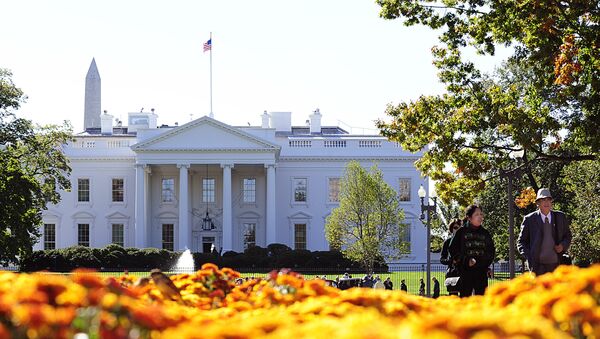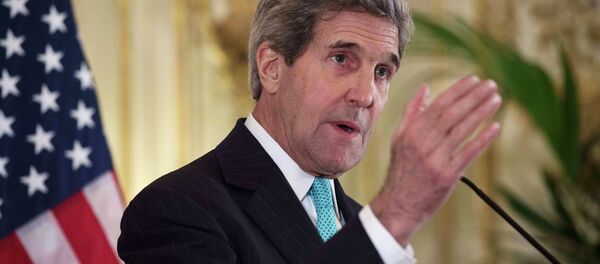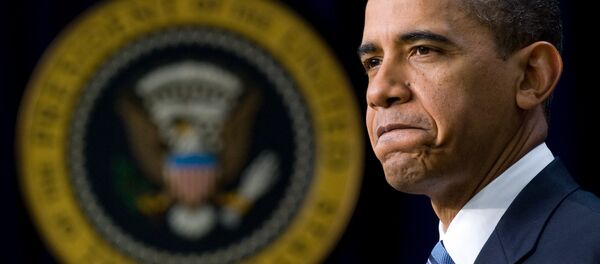Citizens for Responsibility and Ethics in Washington, the National Security Archive and one of its researchers Kate Doyle and the Knight First Amendment Institute at Columbia University filed the suit, which is seeking "injunctive relief ordering DHS to process and release to plaintiffs immediately the requested records" detailing people who visited Trump’s various abodes.
The DHS oversees the Secret Service, and the US Court of Appeals ruled in 2013 that the Secret Service does not have to provide White House visitor records requested through FOIA.
The plaintiffs appeared to get around the DC decision by filing suit in the US District Court for the Southern District of New York.
The portion of the White House website that publicly displays its visitors went dark, along with other White House pages, shortly after Trump was inaugurated on January 20.
After some trepidation former President Barack Obama announced the visitors log would go public in September 2009 after four lawsuits from CREW. Logs containing the names of each White House visitor were posted monthly, on a 90 to 120-day delay.
Nearly 6 million names were contained in the first batch.
Doyle said in a joint media release, "We filed our first FOIA request for these logs on the Monday after the inauguration requesting information about a Mexican delegation that visited Obama … when foreign officials go to see the president or his staff, the American people have a right to know who and when."
CREW Executive Director Noah Bookbinder told the Washington Post, "It is crucial to understand who is potentially influencing the decision-making of the president, particularly when you have a White House that tends to lean toward secret decision-making."
Alex Abdo with Knight First said, "This is a case about the public’s right to know who wields influence over the most powerful office in our government…In our view, the Freedom of Information Act requires the government to make this information available to the public."




